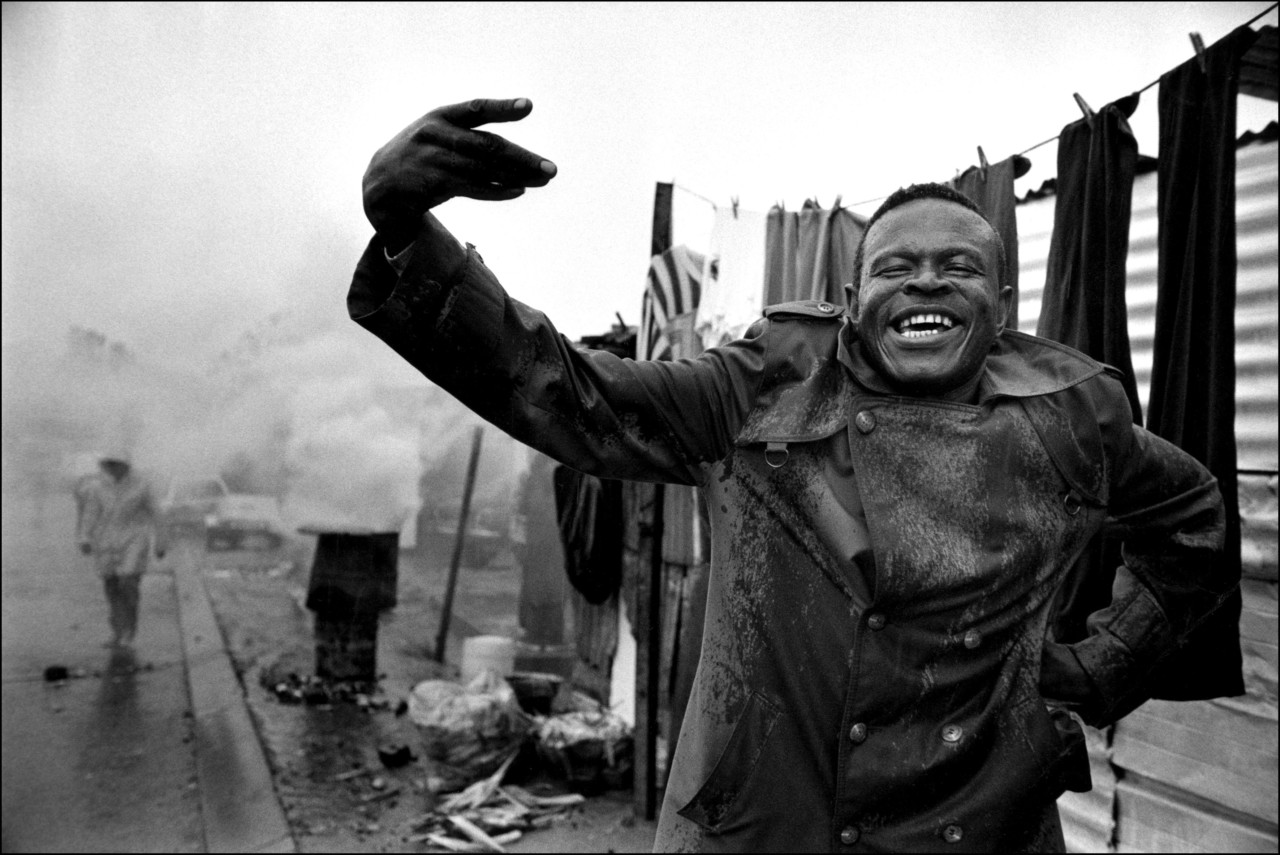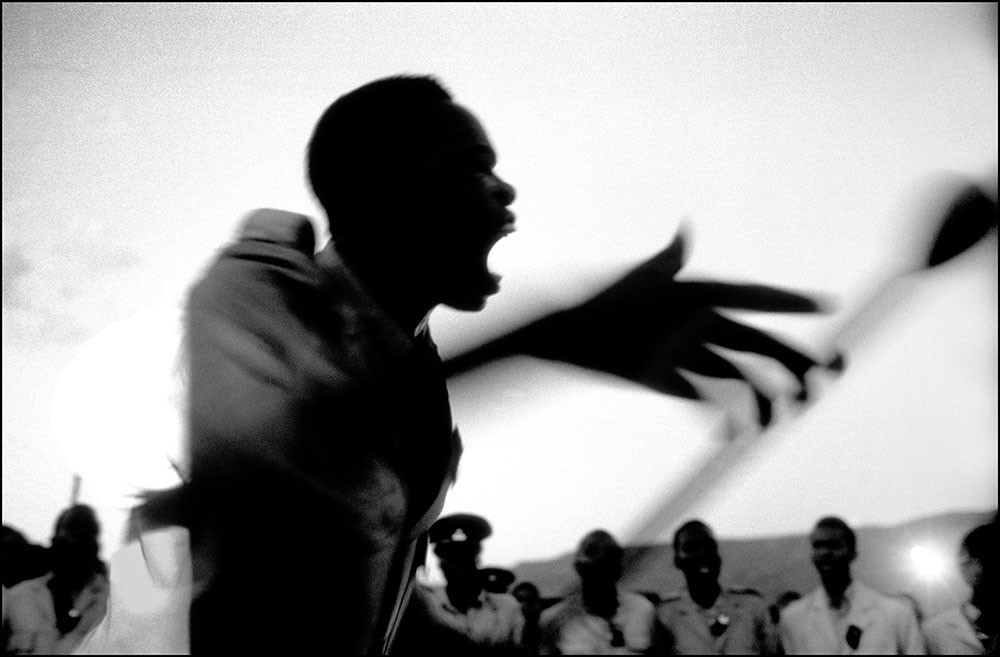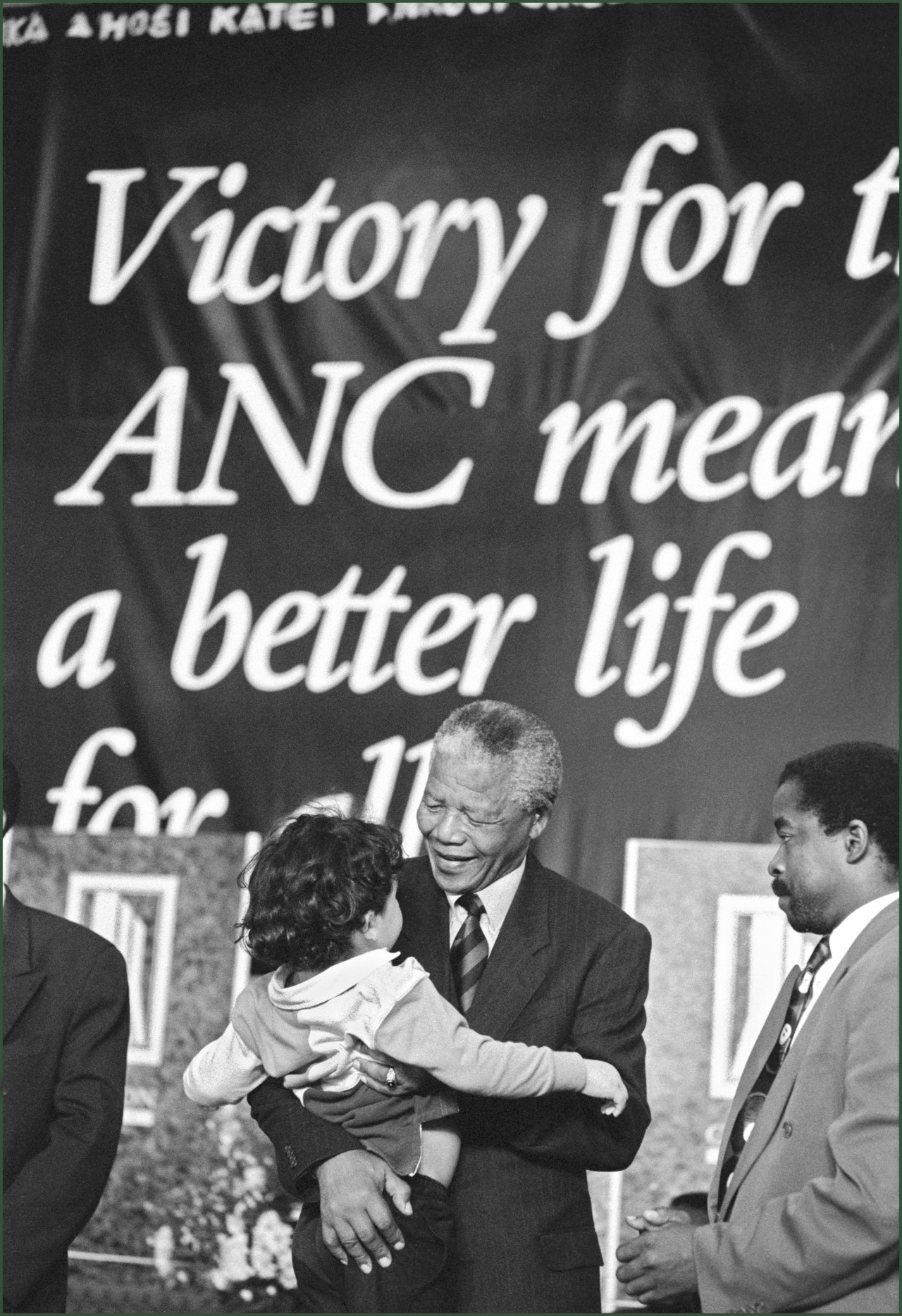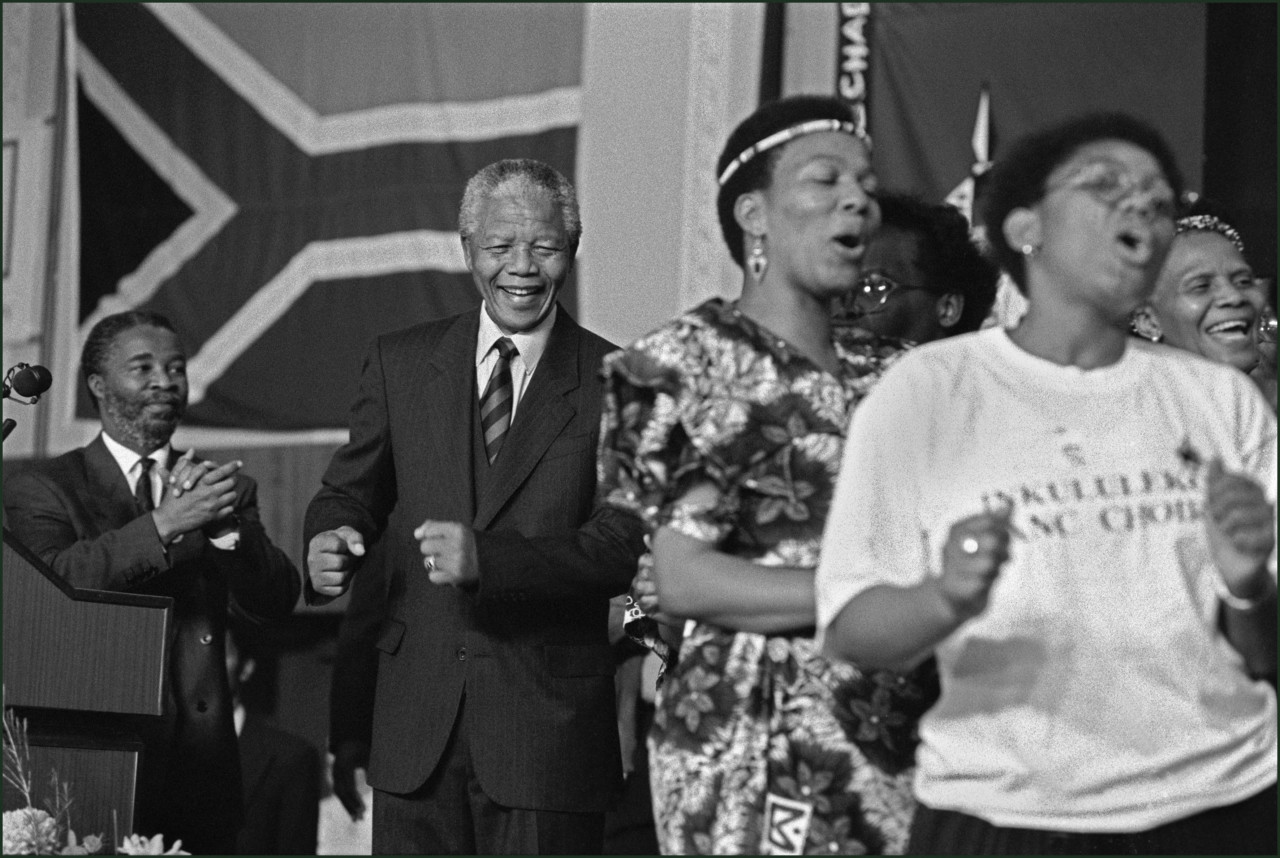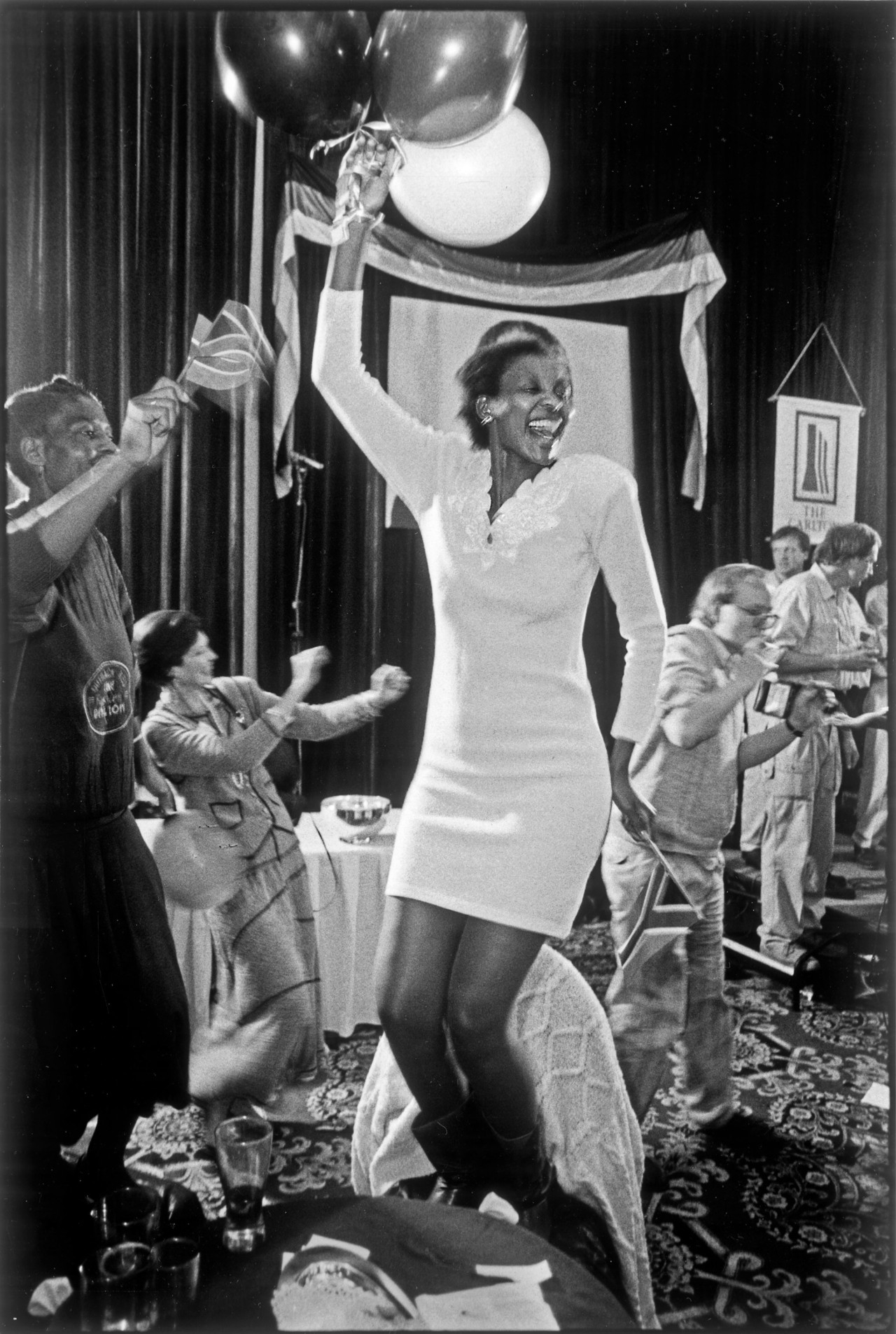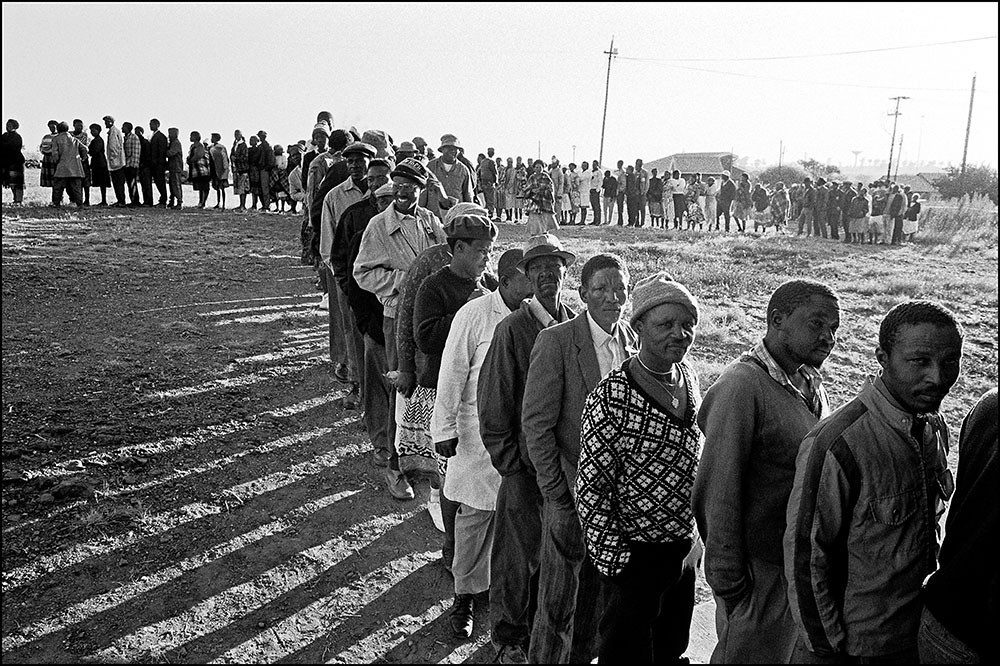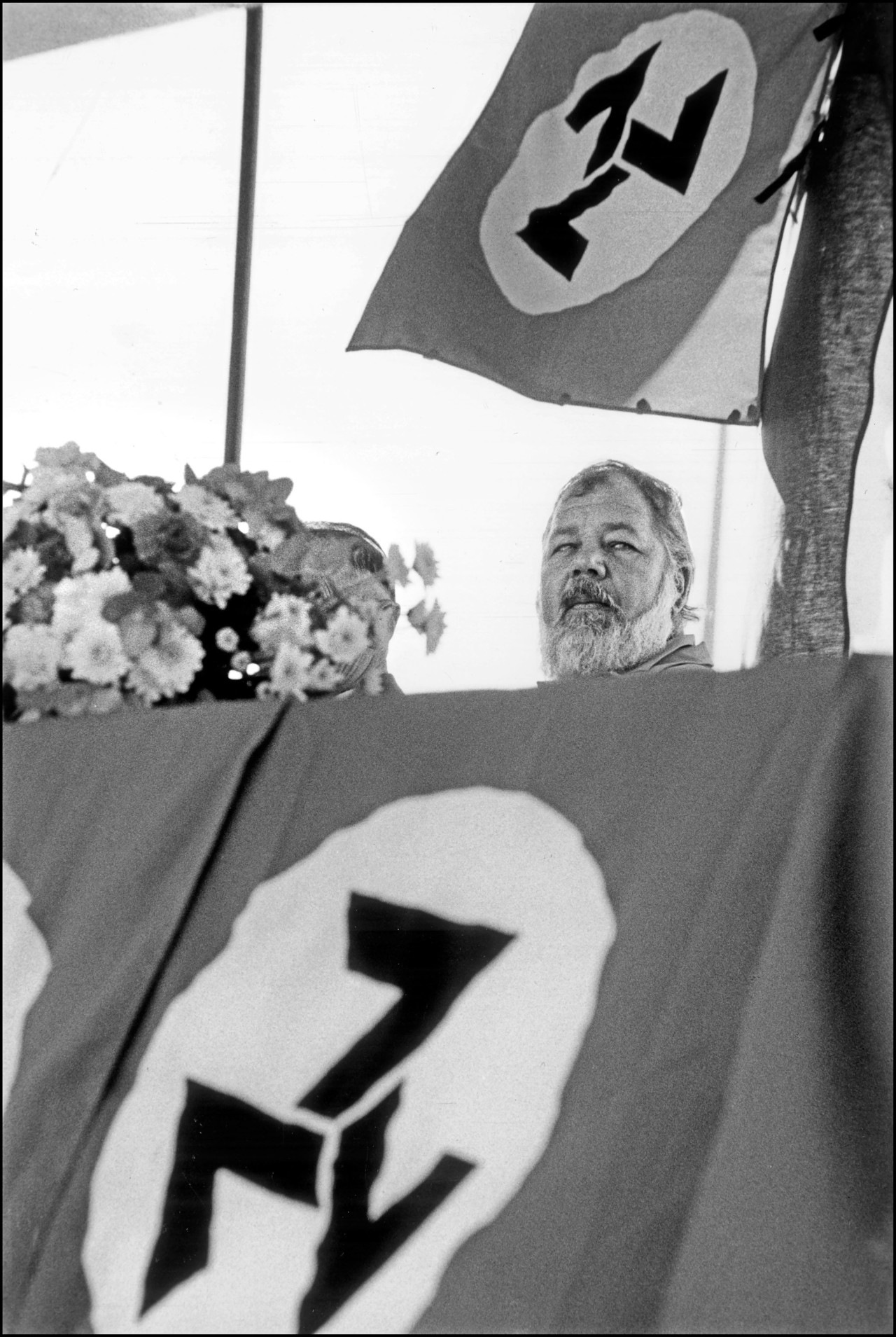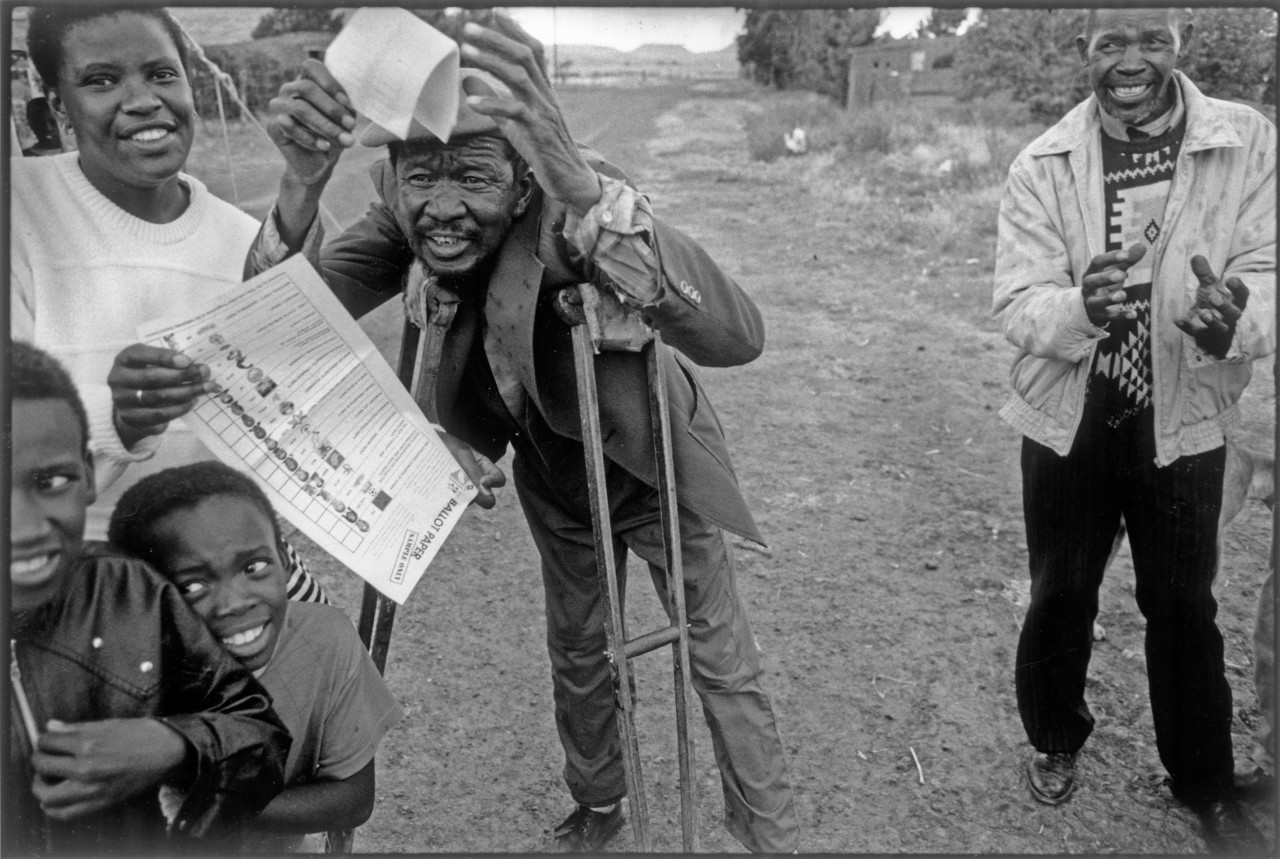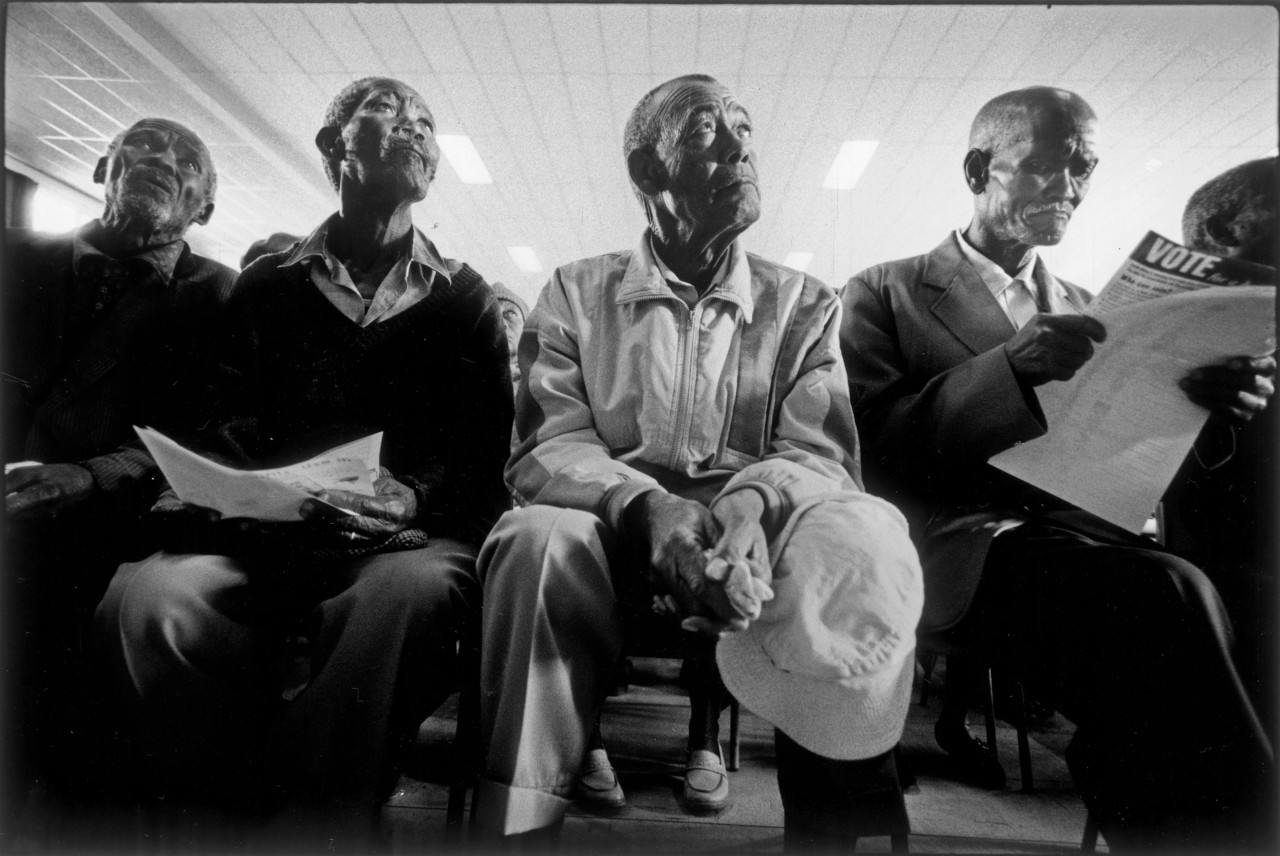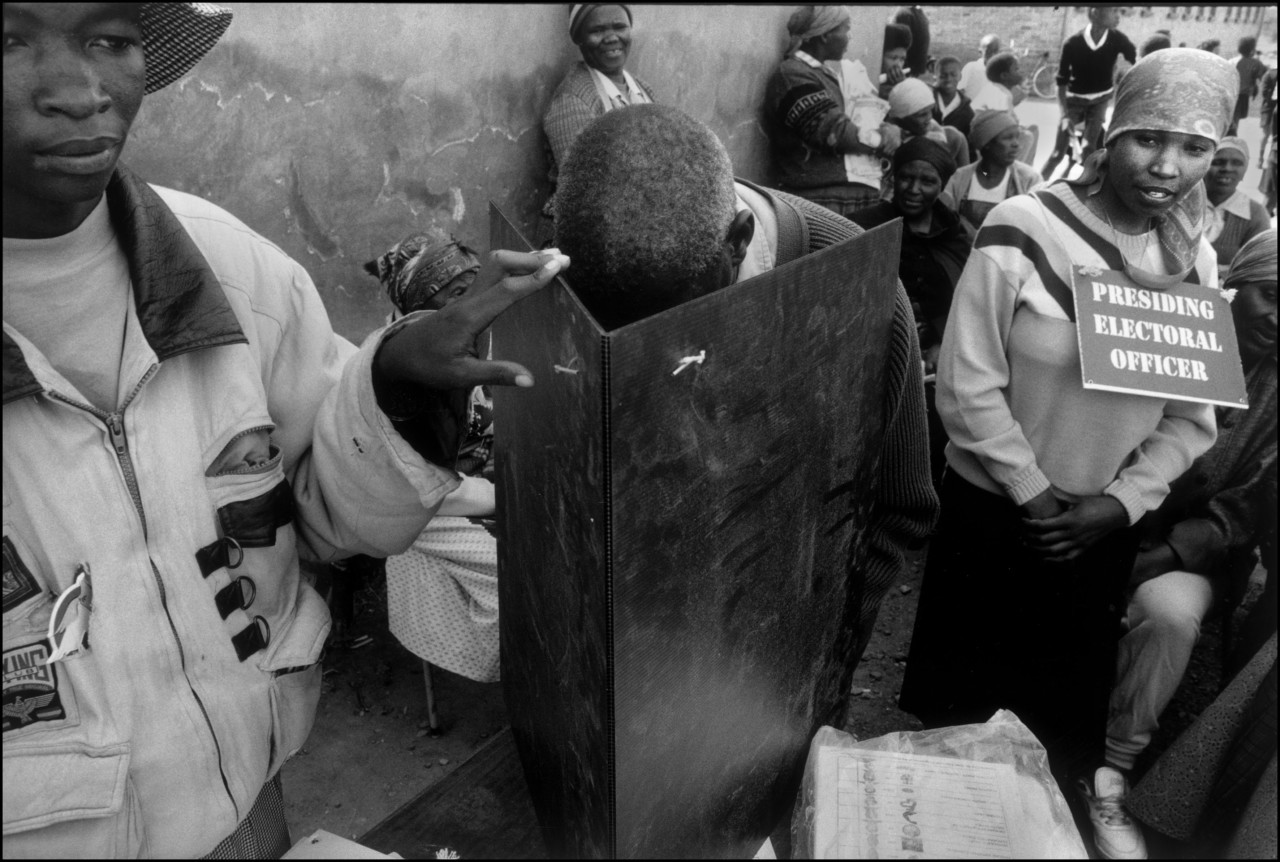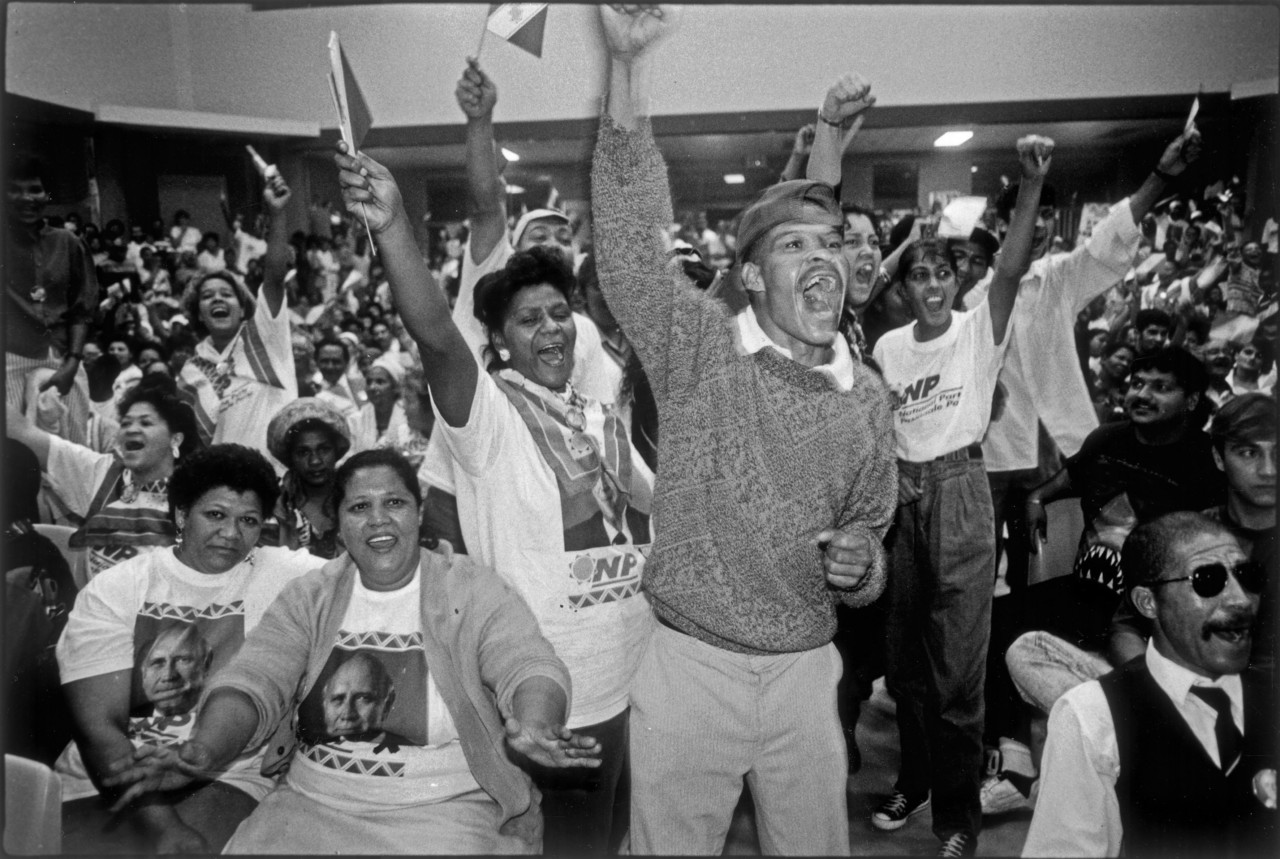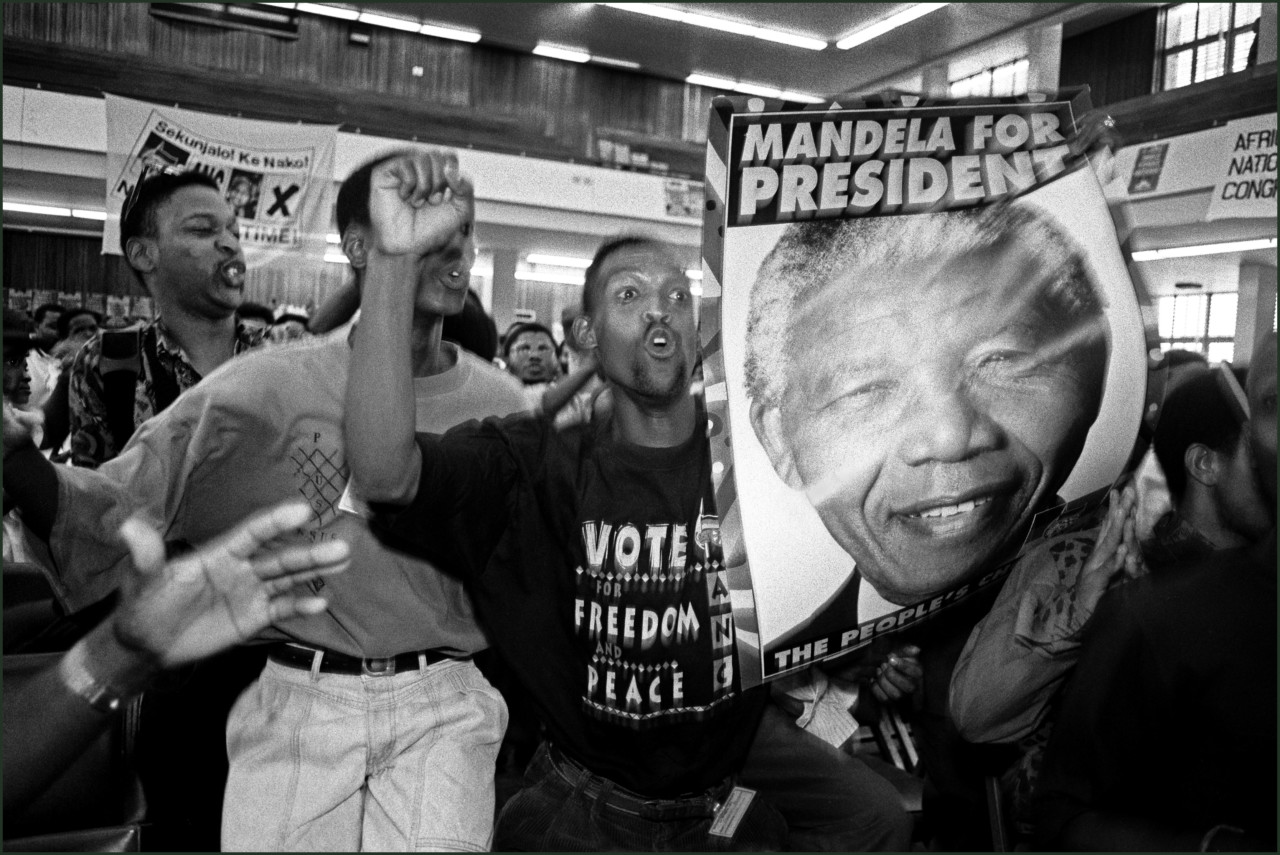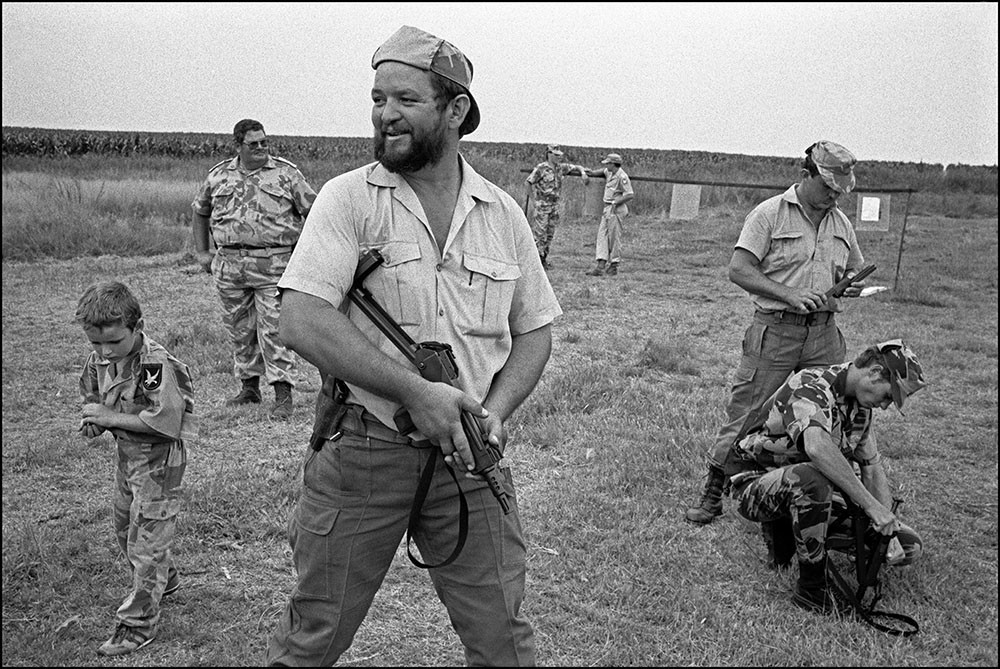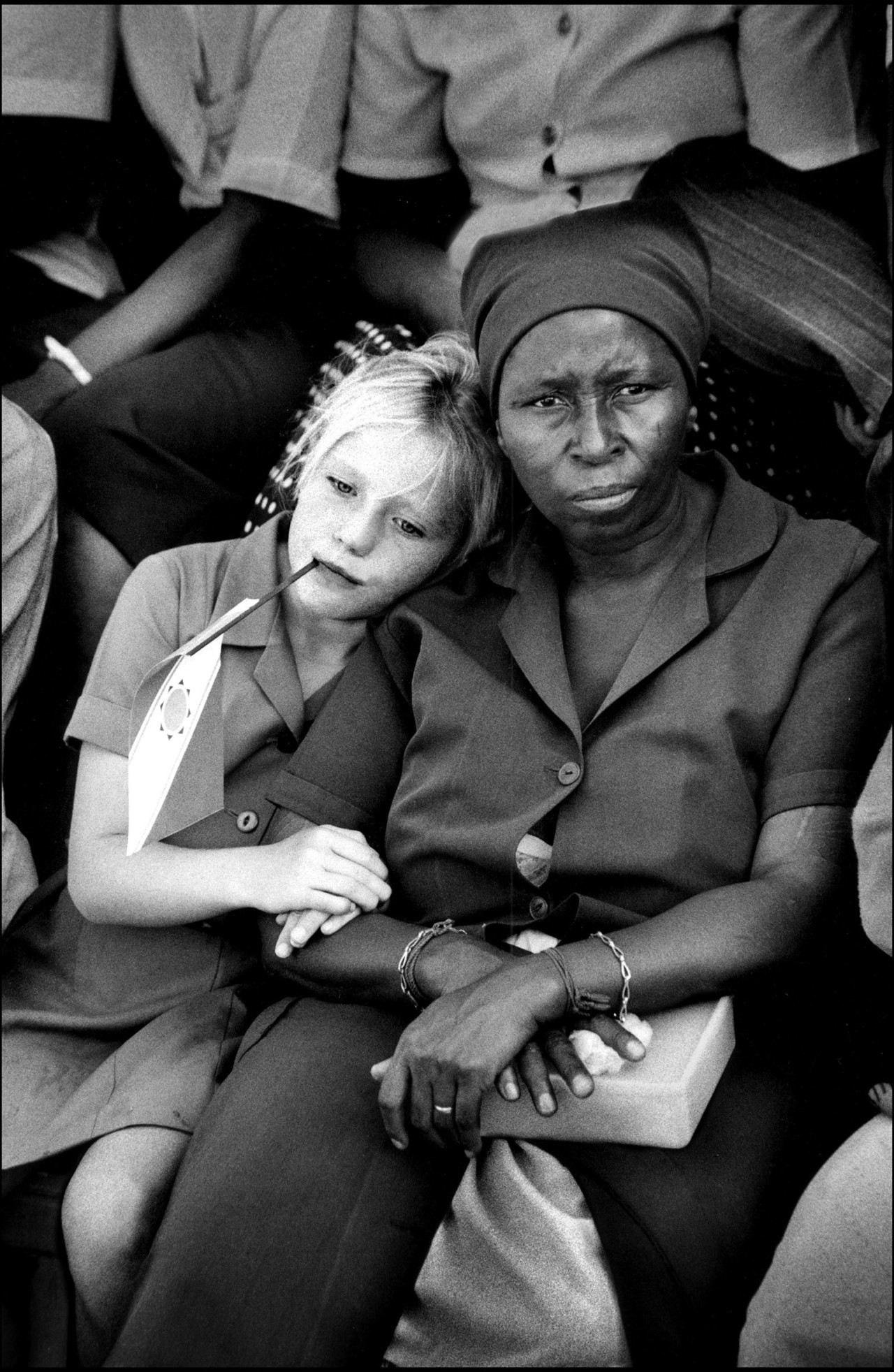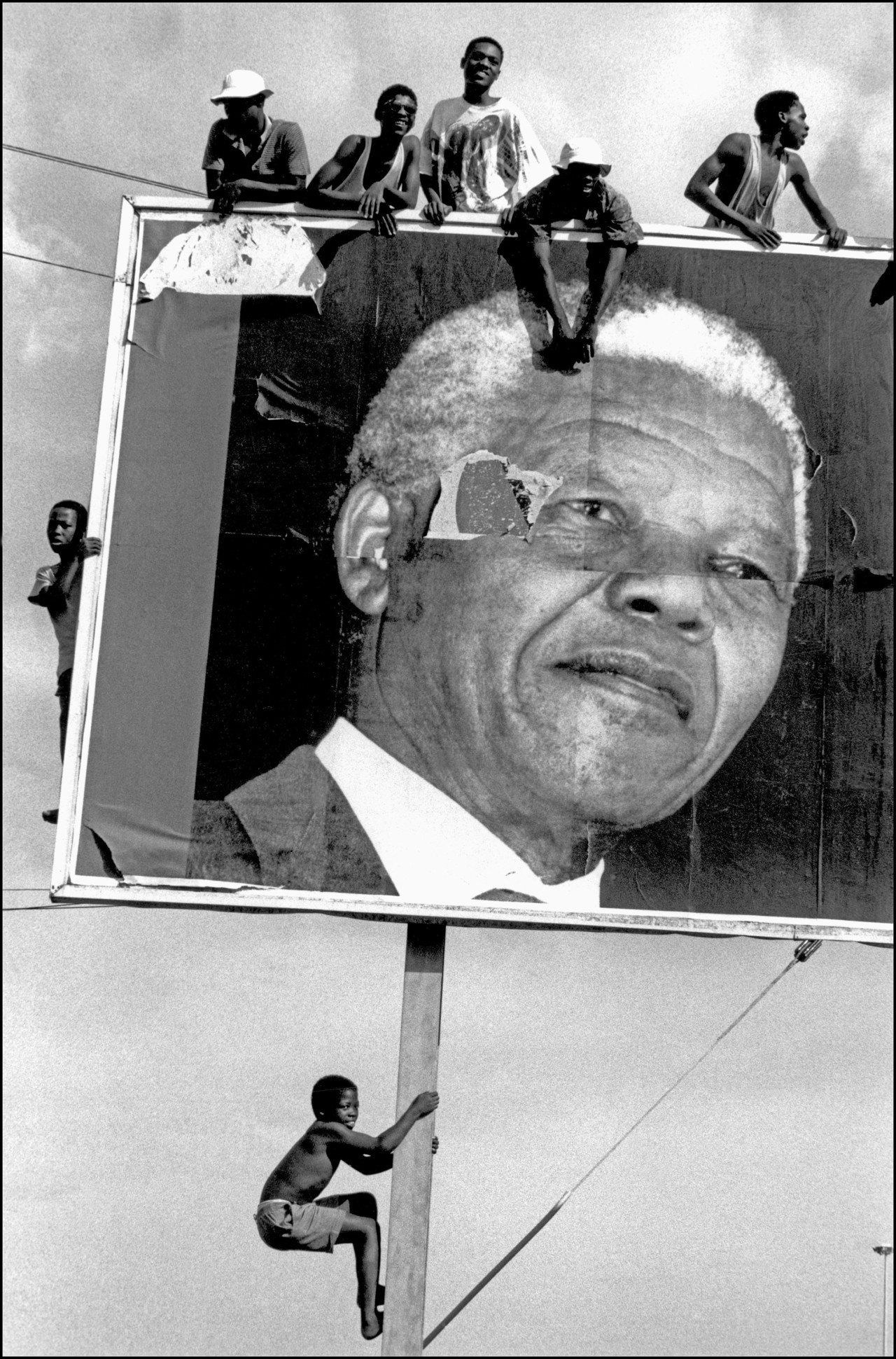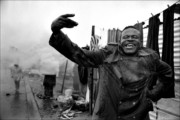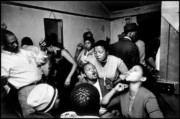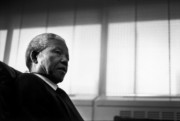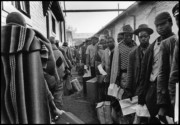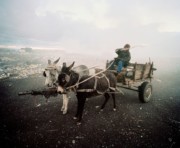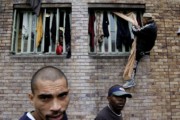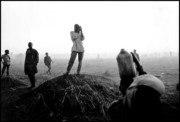“I set the alarm early to witness the first multi-racial election to be held in South Africa, the election that brought Nelson Mandela to power,” remembers Ian Berry, recalling the events of April 27, 1994. “I was expecting there to be some excitement because this was the first time that so-called non-whites had ever been allowed to vote. So before dawn I drove to a Western Transvaal Dorp (small town), expecting to find people arriving at the voting booths in ones and twos. Instead there were already thousands, full of anticipation, queuing out of sight in neat, quiet lines.”
Universal adult suffrage on a non-racial basis, the right for all citizens to vote regardless of skin color, was introduced during the negotiations to end apartheid, the segregationist policy that governed the relations between South Africa’s non-white majority and white minority. The apartheid system was terminated following a series of negotiations which took place throughout the early 1990s. They resulted in South Africa’s first non-racial election on April 27, 1994, won by the African National Congress (by 62.6%) and leading Nelson Mandela to his presidency. The turnout was huge: of 22.7 million eligible voters, 19.7 million voted, representing a voter turnout of 86.7%.
"These are the people who for decades had suffered indignities at the hands of the white minority"
- Ian Berry
Berry, who documented life in South Arica in the years leading up to and following this significant date, recalls how it felt to be in South Africa that day: “What struck me most was the patience of the voters, many of whom waited in line for hours in the hot sun. These are the people who for decades had suffered indignities at the hands of the white minority who had imposed the Pass Laws [a form of internal passport system designed to segregate the population]. And even when the election office could not cope with the numbers and turned hundreds away on the promise that the voting would be extended for another day, they displayed a quiet resignation, each one aware that they were involved in an amazing historical event.”


